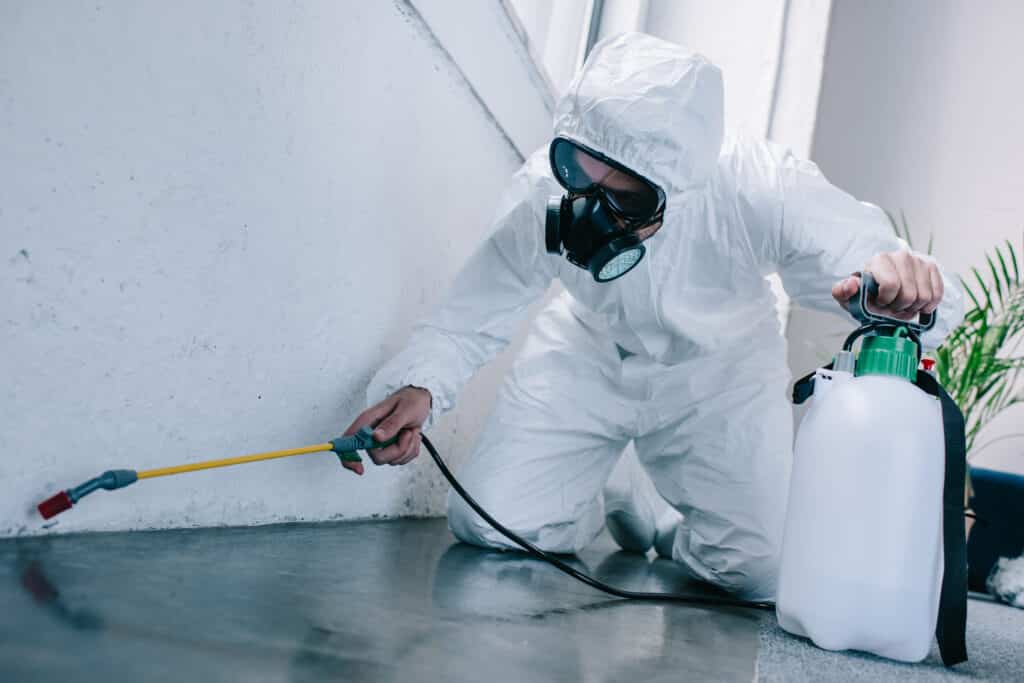Disputes between landlords and tenants are all too common. And pests invading the property can add stress to a relationship that is already difficult to navigate, especially if it is unclear who is responsible for pest control in the rental property. Does the responsibility to take charge of pests fall on the landlord or tenant?
Landlord’s Responsibility
The majority of the time, the responsibility for pest control falls on the landlord. When landlords rent out a property, tenants expect the housing to be in a livable condition. Since a pest infestation can make a home uncomfortable—or, at worst, uninhabitable—pest control becomes a landlord’s obligation.
Landlords can complete the following tasks to be proactive with pest control:
- Inspect the property and eradicate any pests before a new tenant arrives.
- Contact a pest control company, and consider getting a bond or regular service on the rental property.
- Fix any issues that make a home vulnerable to pest invasions, such as a damaged or leaking roof, cracks in the walls, and any other damage that might be an entry point for pests.
- Immediately deal with pest control issues to avoid infestation.
A reliable property management company can also help landlords complete these tasks and stay on top of pest control.
What If the Tenant Causes the Pest Problem?
An exterminator can help determine who is responsible for pest control in the rental property, especially if it is the tenant’s fault. The issue is only the tenant’s responsibility if the pests can be directly linked to their habits and behavior.
Tenants need to report all property damage or leaks since they can attract pests into the house. A tenant might be responsible if a noticeable problem was unreported to the landlord and the exterminator determines it caused the pest infestation.
Although every landlord dreads dealing with a problem tenant, if their habits cause an infestation, the landlord may charge a fee or deny a security deposit refund.
Best Advice for Landlords
Landlords should ensure any potential pest problems and liability are mentioned in the lease. This is the best preventable action for the property and the landlord-tenant relationship. If there are no written expectations about pest control, then the responsibility may fall on the landlord even when the tenant is at fault.


